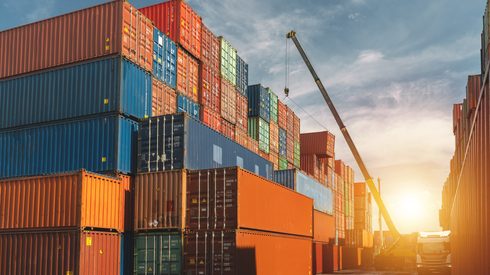“There are significant similarities with pre-shale oil,” David Deckelbaum, managing director – sustainability and energy transition, said on Tuesday September 21.
There could be a 20-35% supply shortfall in the lithium market by 2025, meaning similar steps will need to be taken to those in making the US energy independent, Deckelbaum said.
This includes more investment in the space, along with government incentives and support. The latter played a large role in transitioning the US to what is now the world’s biggest oil producer from an oil importer around the 2006-07 timeframe.
The push on renewable energy by President Joe Biden’s administration is a step in the right direction, Deckelbaum said.
To attract more investors, the lithium industry will need to avoid the mistakes of oil and gas producers: spending recklessly and not returning money to shareholders are some of them. Environmental, social and corporate governance (ESG) should also be high on lithium producers’ lists.
Given evolutions in the ESG space, the lithium industry “has the benefit of holding themselves to a higher standard” than exploration and production (E&P) companies typically have, Deckelbaum said.
Showcasing investors’ concerns, lithium companies’ shares are lagging the rising spot lithium prices, he said.
Other factors hindering investment are China’s dominance in the space, and the number and lack of differentiation between different lithium producer companies, Deckelbaum said.
Fastmarkets’ assessment of the lithium hydroxide monohydrate 56.5% LiOH.H2O min, battery grade, spot price, cif China, Japan & Korea was at $20-21 per kilogram on September 16, more than double the $8.50-9.50-per-kg range recorded a year ago.






